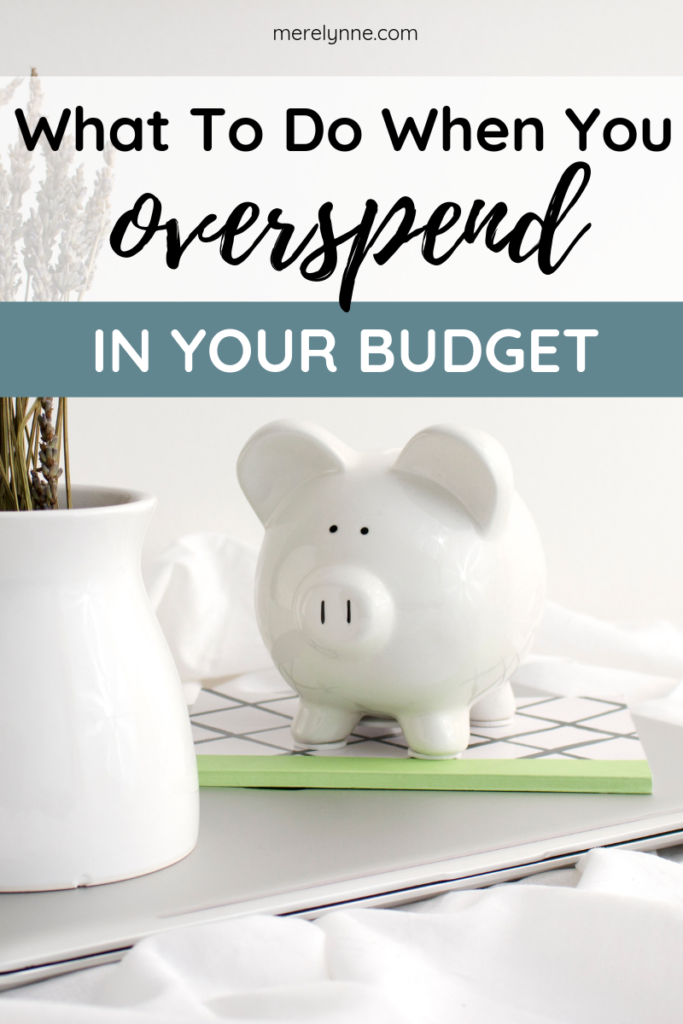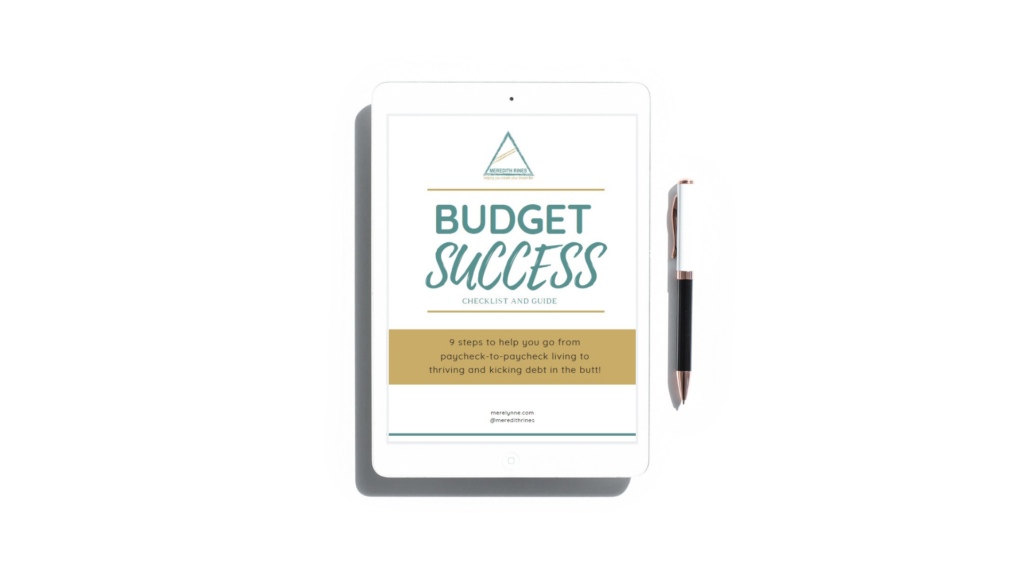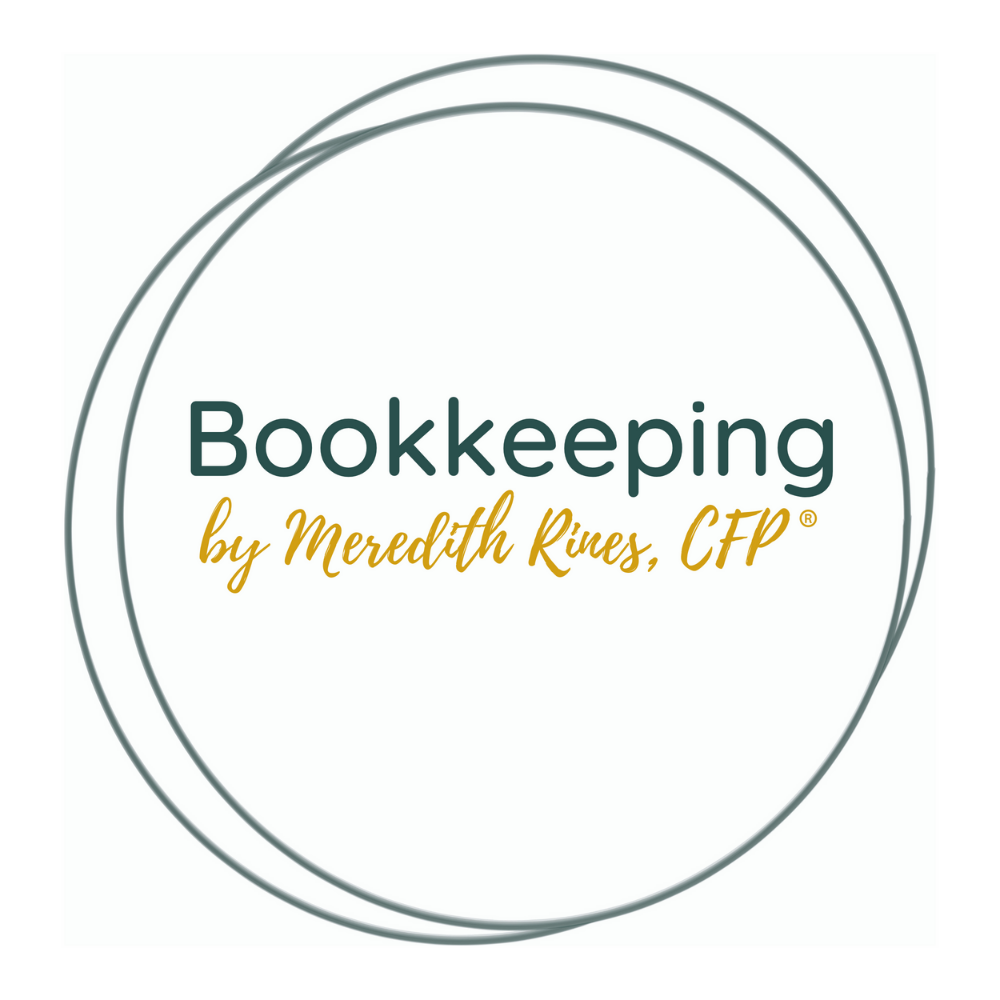
Most of us have overspent a time or two when it comes to our monthly budget. It happens. That’s life. Even those of us that have the best of intentions – going to save more money this month, only going to buy what I need, no shopping for new clothes, eating at home all week long, and so on. Despite our best efforts, it happens. There are so many reasons we overspend:
- Forget to track some bills or spending
- Don’t calculate our expenses correctly
- Get our due dates mixed up
- Don’t realize just how much we are spending
Overspending happens to everyone, but not everyone really understands how to recover when it happens. Recovery is really the essential part to get back in the black and out of the red.
ASSESS YOUR DAMAGE
Take a minute (or two) to figure out the damage done. Ask yourself these questions:
- Did you overspend on your credit card, write a check that you didn’t track, or swipe your debit card without knowing how much you had in the bank?
- Did you overspend for a day, a few days, a week?
- How much did you overspend by? Less than $100, less than $1,000? How much overall did you go over?
The easiest way to determine the correct answers is by reviewing your credit card statements and bank statements. I love using a check register (like this one over in the shop) to help us keep up with where our money is going. I can easily reconcile our spending to our bank statements and credit card transactions. It’s important to honest with yourself because the last thing you need is to be short money when a bill comes due.
GET BACK ON TRACK
Alright, now you have an understanding of where you went wrong and how much damage you may have done. Now it’s time to get back on track. Make sure you’re tracking your spending on a regular basis, checking your online banking and recent credit card transactions. Make sure you’re using a budget that works for you. We love our Chief Financial Officer Bundle at our house. This budget has helped us pay off over $40,000 worth of debt in under three years. We can easily track our expenses directly inside the template and have it automatically calculate how we’re doing.
If you’re not using a budget, now would be the good time to get started. You can learn more about how to create a budget in an earlier blog post.
PAY YOURSELF BACK
Sometimes you get cheated the most when you overspend. You aren’t able to save as much as you had planned or maybe you aren’t able to make the kind of progress you wanted on your debt. On the other hand, maybe you spent money that you didn’t have and now your credit card balance has increased. You need to create a plan to help you pay down the amounts you overspent. If you’re using a budget you can easily create a sinking funds category to add to it. Simply add up the total amount you overspent during that time and make that your new savings goal. Divide by how many months (or weeks) you would like to take to get back to ground zero.
FIGURE OUT YOUR TRIGGER
What’s one of the most important steps that most people forget about? It’s figuring out what went wrong. A lot of us have a trigger that sets us off when it comes to spending. Can you trace your spending back to a specific mood, day of the week, or event that happened. Were you in a good mood and feeling good about yourself so you decided to splurge on new clothes? Were you feeling overwhelmed by everything around you and decided to go crazy at The Container Store? Did you get some bad news and that’s what set you off to not feeling like cooking for an entire month?
Determine what set you off so that you can take necessary steps next time it happens. Being able to recognize the behavior is key.
GO BACK TO CASH
If it helps you to control your spending while you get back on track, switch to cash. Using cash is a great way to stop overspending. Once your cash is gone, that’s it. We have used cash for our eating out and groceries when we find ourselves overspending from time-to-time. The easiest way to make cash budgeting work for you is to find the categories you tend to overspend in. That way you can keep it simple and not feel too overwhelmed with having to figure out cash budgets for everything.
Ready for more?

Grab our Budget Success Checklist to help you create a workable budget to help prevent overspending. This guide is a must for anyone wanting to take better control of their money.
Latest posts by Meredith Rines, MBA, CFP® (see all)
- How To 10X Your Productivity With This Simple Tool // Using A Red Line Graph - June 24, 2020
- Mini DIY Office Makeover [Photowall Review] - June 17, 2020
- How To Track Your Projects and Profit With Subcontractors - June 11, 2020





One thought on “What To Do When You Overspend Your Budget”
Comments are closed.